Circa 2018
Canadian company joins IBM and Rigetti in offering online access to pricey hardware.
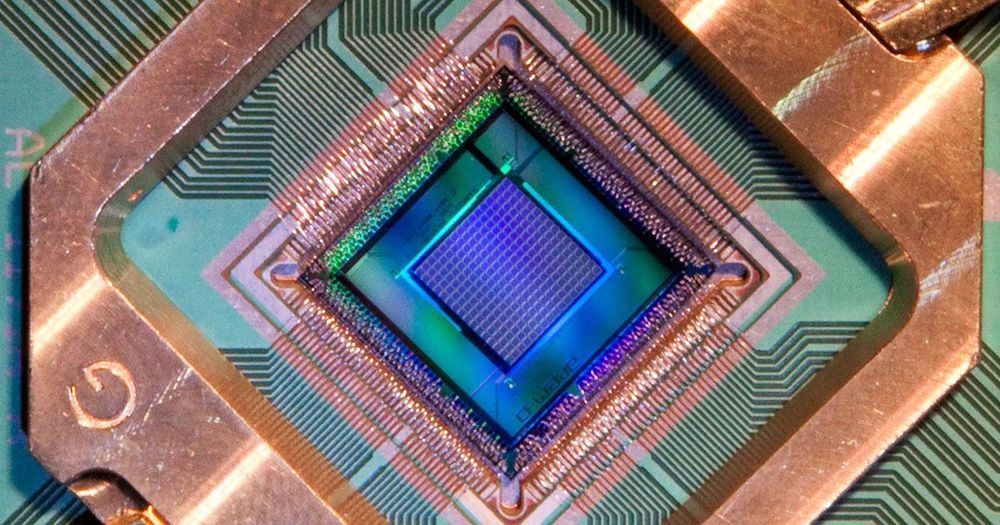
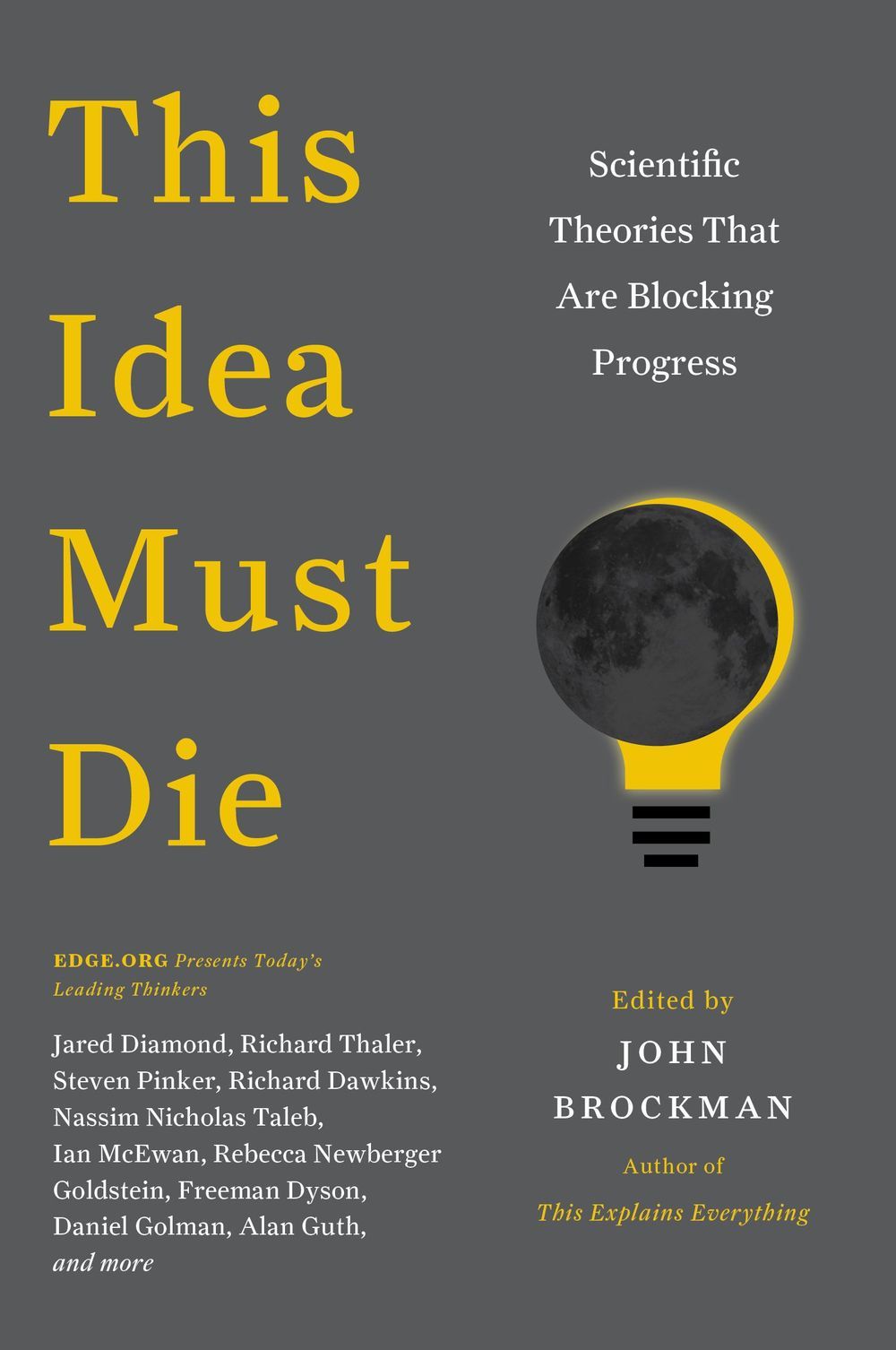
The transition from PCs to QCs will not merely continue the doubling of computing power, in accord with Moore’s Law. It will induce a paradigm shift, both in the power of computing (at least for certain problems) and in the conceptual frameworks we use to understand computation, intelligence, neuroscience, social interactions, and sensory perception.
Today’s PCs depend, of course, on quantum mechanics for their proper operation. But their computations do not exploit two computational resources unique to quantum theory: superposition and entanglement. To call them computational resources is already a major conceptual shift. Until recently, superposition and entanglement have been regarded primarily as mathematically well-defined by psychologically incomprehensible oddities of the quantum world—fodder for interminable and apparently unfruitful philosophical debate. But they turn out to be more than idle curiosities. They are bona fide computational resources that can solve certain problems that are intractable with classical computers. The best known example is Peter Shor’s quantum algorithm which can, in principle, break encryptions that are impenetrable to classical algorithms.
The issue is the “in principle” part. Quantum theory is well established and quantum computation, although a relatively young discipline, has an impressive array of algorithms that can in principle run circles around classical algorithms on several important problems. But what about in practice? Not yet, and not by a long shot. There are formidable materials-science problems that must be solved—such as instantiating quantum bits (qubits) and quantum gates, and avoiding an unwanted noise called decoherence—before the promise of quantum computation can be fulfilled by tangible quantum computers. Many experts bet the problems can’t adequately be solved. I think this bet is premature. We will have laptop QCs, and they will transform our world.

Circa 2018
Computer scientists have created an AI called Bayou that is able to write its own software code, reports Futurity. Though there have been attempts in the past at creating software that can write its own code, programmers generally needed to write as much or more code to tell the program what kind of applications they want it to code as they would write if they just coded the app itself. That’s all changed with Bayou.
The AI studies all the code posted on GitHub and uses that to write its own code. Using a process called neural sketch learning, the AI reads all the code and then associates an “intent” behind each. Now when a human asks Bayou to create an app, Bayou associates the intent its learned from codes on Github to the user’s request and begins writing the app it thinks the user wants.


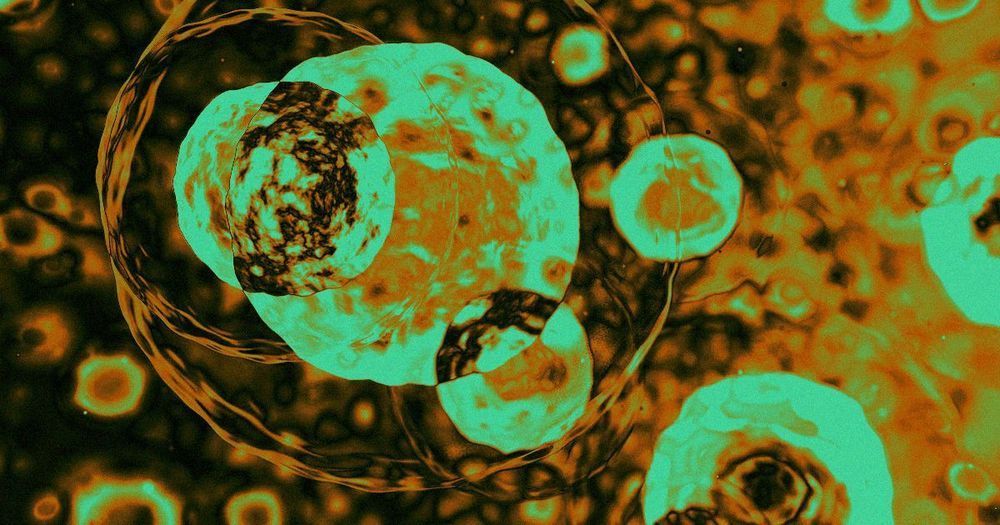
Over the course of three weeks, the patients took nine doses of a leukemia drug called dasatinib and quercetin, a supplement. By the end of the trial, the patients were reportedly able to walk farther than they could previously in the same amount of time and other signs of improved well being — all without any serious side effects.
“Though small, this pilot study marks a major breakthrough in how we treat age-related diseases such as IPF,” researcher Jamie Justice said in a press release. “Here, we’ve therapeutically targeted a fundamental biological hallmark of aging that is implicated in IPF, and we show early but promising results for the first time in human patients.”
Be excited! Technology is rapidly advancing to eliminate age related sickness and death.
Imagine a world where aging will be reversed and people can remain young and in good health. Dr. Aubrey de Gray and others are working on therapies in making this a reality.
Aging is a disease and they are working on the cure.
If a 60 year old takes these damage repair therapies, they become biologically 30 years old again and in good health.
Old age and death are a thing of the past.
Let your thoughts and prayers be with Aubrey and the scientists working on longevity research. Know that they will be successful. Age reversal and damage repair therapies will be available for the public to use within 20 years. Technology is rapidly advancing.

A team of researchers affiliated with several institutions in Austria and Germany has shown that introducing environmental noise to a line of ions can lead to enhanced transport of energy across them. In their paper published in Physical Review Letters, the researchers describe their experiments and why they believe their findings will be helpful to other researchers.
Prior research has shown that when electrons move through conductive material, the means by which they do so can be described by quantum mechanics equations. But in the real world, such movement can be hindered by interference due to noise in the environment, leading to suppression of the transport energy. Prior research has also shown that electricity moving through a material can be described as a wave—if such waves remain in step, they are described as being coherent. But such waves can be disturbed by noise or defects in an atomic lattice, leading to suppression of flow. Such suppression at a given location is known as an Anderson localization. In this new effort, the researchers have shown that Anderson localizations can be overcome through the use of environmental noise.
The work consisted of isolating 10 calcium ions and holding them in space as a joined line—a one-dimensional crystal. Lasers were used to switch the ions between states, and energy was introduced to the ion line using laser pulses. This setup allowed them to watch as energy moved along the line of ions from one end to the other. Anderson localizations were introduced by firing individual lasers at each of the ions—the energy from the lasers resulted in ions with different intensities. With a degree of disorder in place, the team then created noise by randomly changing the intensity of the beams fired at the individual ions. This resulted in frequency wobble. And it was that wobble that the team found allowed the movement of energy between the ions to overcome the Anderson localizations.
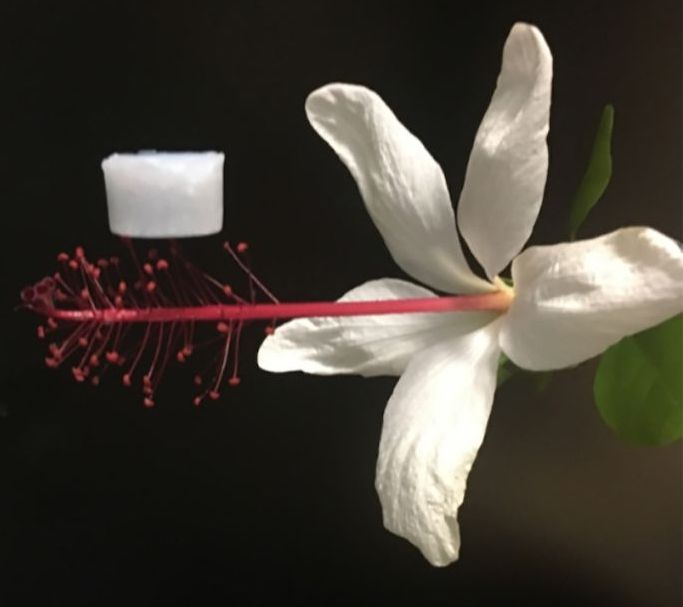
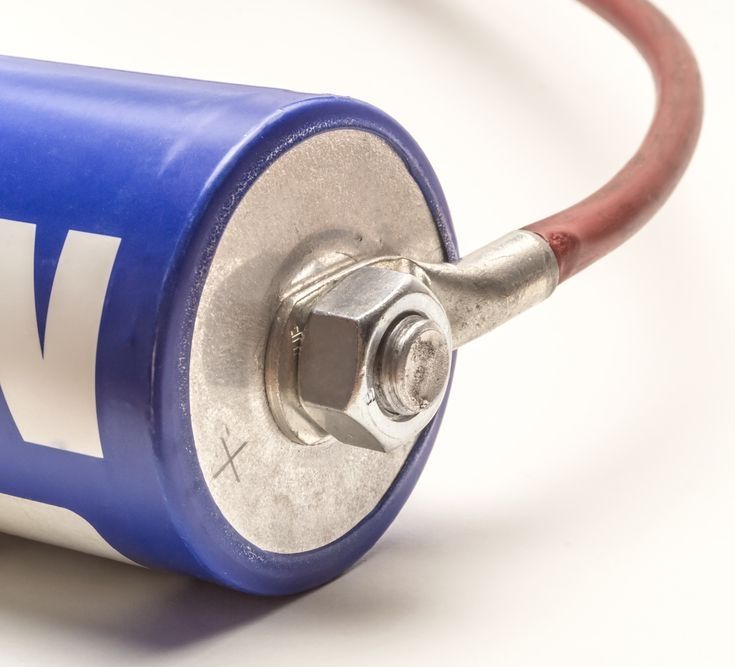
Researchers are using 3D printing to develop electrodes with the highest electric charge store per unit of surface area ever reported for a supercapacitor.
A research collaboration from the University of California Santa Cruz and the U.S. Department of Energy’s Lawrence Livermore National Laboratory have 3D printed a graphene aerogel that enabled them to develop a porous three-dimensional scaffold loaded with manganese oxide that yields better supercapacitor electrodes. The recently published their findings in Joule. Yat Li, a professor of chemistry and biochemistry at UC Santa Cruz, explained the breakthrough in an interview with R&D Magazine.
“So what we’re trying to address in this paper is really the loading of the materials and the amount of energy we can store,” Li said. “What we are trying to do is use a printing method to print where we can control the thickness and volume.